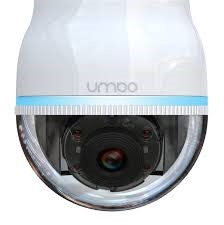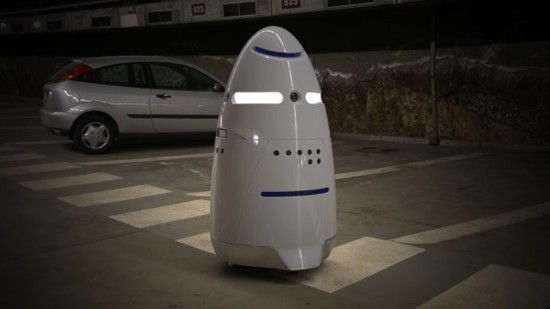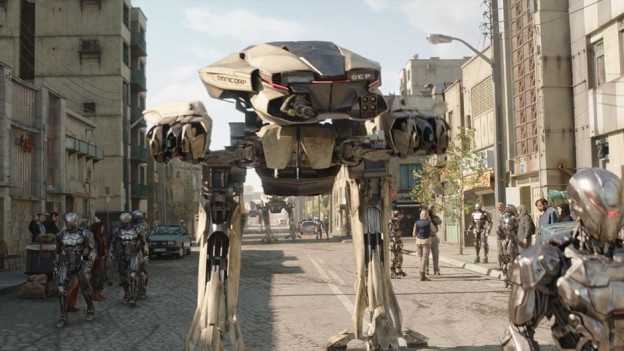
Recently, a company named Umbo CV raised $2.8 million from a seeding round of its security cameras. Now, these are not your standard security camera, they are actually behavioral recognition systems; artificially intelligent, and, can apparently identify suspicious activity and thus prevent crimes before they happen.
Yes, ‘prevent crimes before they happen’, you read that correctly.
The Taipei and San Francisco based startup’s funding was led by AppWorks Ventures, with participation from Mesh Ventures, Wistron Corporation, and Phison Electronics.

The startup has already shipped its system (cameras and a cloud based management platform) to clients in Dubai, USA and Europe, and plan to begin mass production in April 2016. Also, the CEO and co-founder, Shawn Guan claims that Umbo CV have also received $1.4 million in pre-orders.

Before launching Umbo CV in 2014, Guan spent over seven years working in the surveillance technology industry. Umbo CV was created because he wanted to focus on something besides developing high-definition videos, which, a lot of companies use as their main selling point.
“That doesn’t help customers solve problems in the security industry, because it can only give you high-quality video after the event has occurred. If someone gets killed, we can show clients a better video, but that didn’t stop someone from being killed,” he claimed.
“In the industry, I got frustrated with spending so much money in building infrastructure but not getting a lot out of it. People still get away with crimes, so we have to find a way to solve it.”
Umbo CV wants to step the game up a little, by building algorithms that combine images from multiple sources then scan them for anomalies (for example, a car driving against the flow of traffic or someone scaling a wall).
By scanning for anomalies, Umbo CV’s AI “doesn’t necessarily know what kind of event it is, but it knows what is not normal so we can point it out to security officers,” said Guan in an online interview.
The one factor these new security devices have in common is that they do not require human intervention to operate. I do not know about you, but for me, the jury is out on whether we shall sleep safer having these insensitive automatons watching over us.
